Plaque Build-up In Your Arteries: Can You Stop It And How
A serious problem faced by many people in their adult and old age is plaque build-up in the arteries. Plaque is formed when cholesterol and other fatty waste substances get stuck in the walls of an artery. When they build up, it can be very dangerous and increase the risk of a heart attack and cardiovascular conditions. If your condition is getting worse, you may be recommended cardiac rehabilitation, which will help to reduce your heart disease risk and stop plaques from getting worse. It involves exercise program, education on life-style changes and emotional support.
This condition – also known as coronary artery disease – can be treated. In some cases, the plaques can shrink, but they won’t disappear.
Get checked out, even before you experience any symptoms. Medical professionals can give you a personal assessment and, if necessary, medication. They can also give you advice on how to slow or stop this condition and lead a healthier lifestyle.
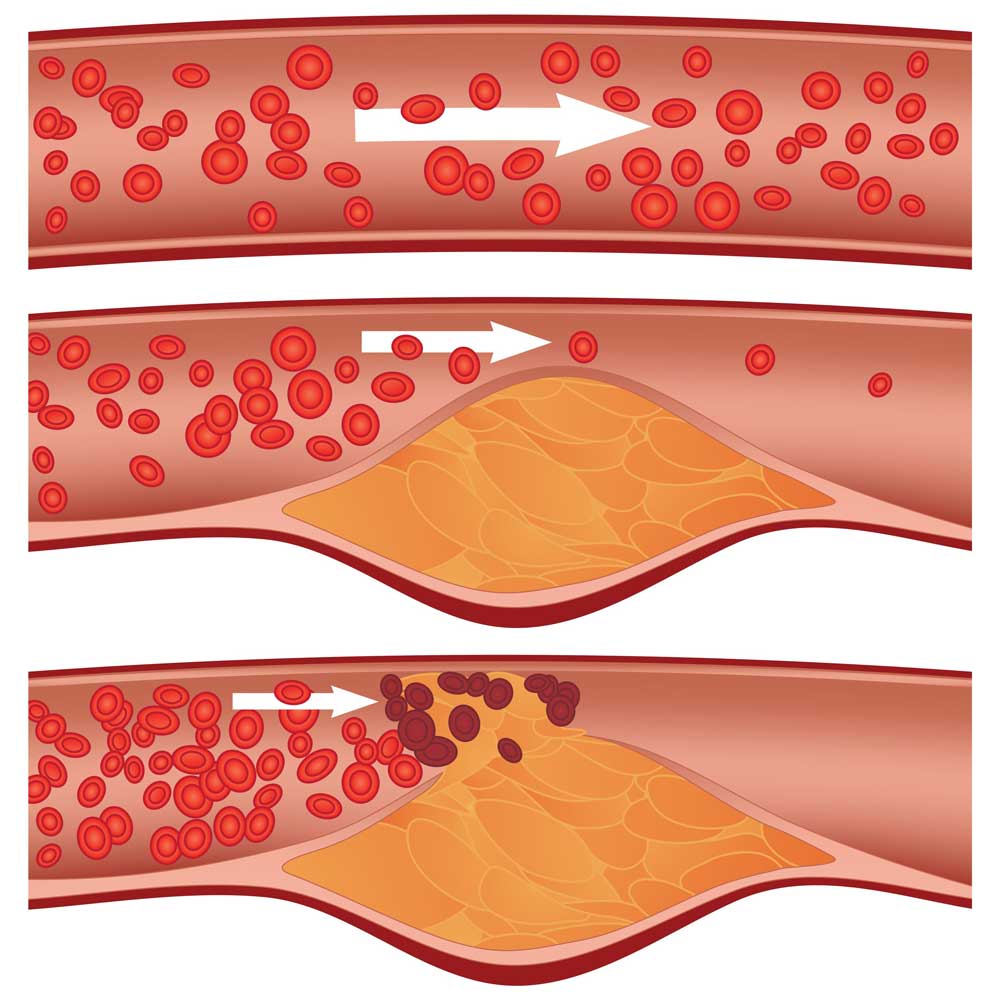
Symptoms Of Plaque Build-up
Symptoms of plaque build-up and clogged arteries may not be immediately and obviously evident. Sometimes doctors discover the problem only after you feel chest pains or have a stroke or heart attack.
However, depending on the arteries affected, some symptoms may come to the fore. For instance, if plaque builds up in the coronary arteries, symptoms may include angina, shortness of breath and heart palpitations.
Clogged arteries leading to your brain may induce:
- Dizziness
- Nausea
- Sudden weakness
- Lack of coordination
- Trouble speaking
- Vision problems.
They can also be a precursor to a mild or severe stroke.
Is it possible to stop arteries from being clogged?
With the right treatment plan and care, medical professionals can significantly slow down, and even reverse, plaque build-up.
Lifestyle changes can have a positive effect on coronary artery disease. Maintaining a healthy diet rich in fruits and vegetables, cutting out red meat, and reducing alcohol consumption can help. Quitting smoking is also be effective in shrinking plaque, as smoking damages arteries. Following an exercise regime and keeping fit and active also has positive benefits.
Talk to your doctor before undertaking any major lifestyle changes to reduce plaque build-up. Risks, and therefore their advice, will vary from person to person.
Does aspirin reduce plaque in arteries?
There is some evidence to suggest that aspirin can reduce plaque build-up in the arteries. Daily Aspirin therapy thins the blood, which makes it easier for blood to flow around the body and prevents clots forming. However, you must know not only its benefits, but also the risks it can cause.
Aspirin can also lessen inflammation resulting from the build-up of fatty deposits in arteries. It is only your doctor who can determine whether you need it or not.
Fairview
Fairview Rehab & Nursing Home in Queens NY delivers top quality, compassionate, care to all our patients. We have lots of experience treating heart and circulation issues. Rest assured that our team will be working with you or your loved ones to reduce and reverse plaque build-up.
We accept most insurance policies. Feel free to contact us to find out more about our services. We are here to answer any questions you may have.
This article contains informational and educational materials and does not replace health or medical advice. For questions or concerns regarding your medical condition or health objectives, speak to a qualified physician or healthcare provider.
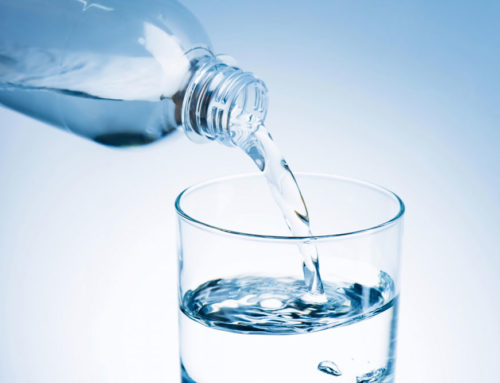
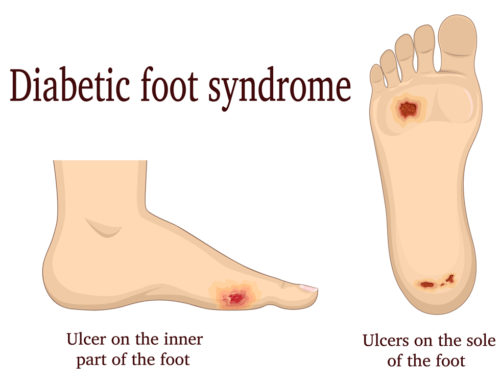
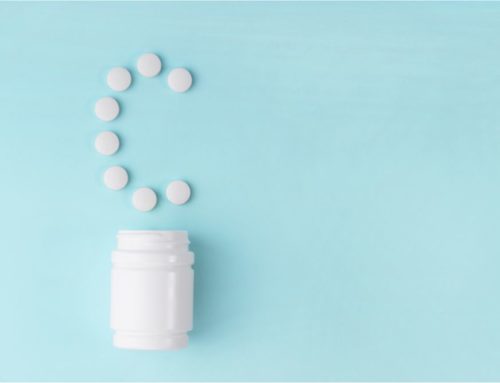
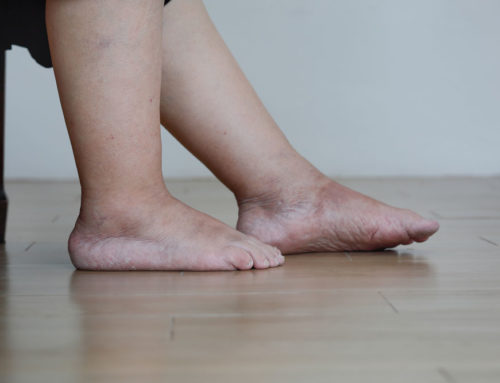

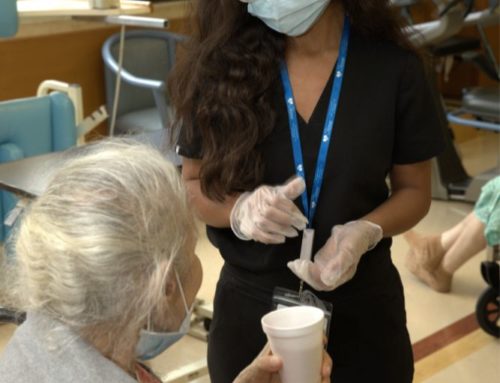
Leave A Comment